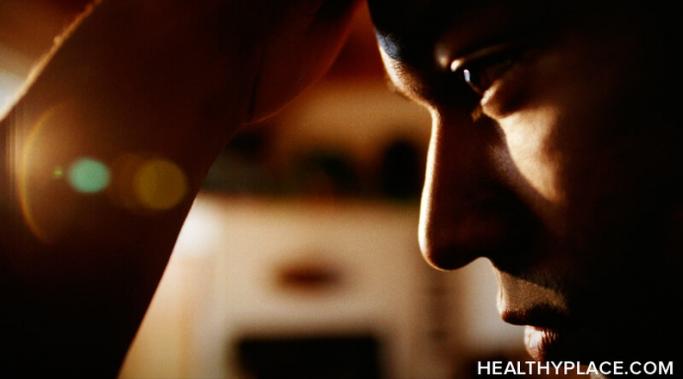Blogs
There are three things we need to understand about grief because
grief is such a complicated process. Last week, staff at my apartment complex found one of my neighbors dead from an apparent heart attack. It's a common problem; I've lived there since 2009 and this is the fifth death of a resident since I've been there. My neighbors are complaining about the high death rate at this complex as they go through the grieving process alone. This made me realize there are three things we need to understand about grief.
Is it possible to have fun in sobriety? Once you get sober, you'll never have fun again, right? Leading a boring, sad life is a major fear for many problem drinkers that discourages them from seeking a program of recovery. But the myth that sobriety is dull is completely inaccurate. Here's how you have fun in sobriety.
While I, typically, discuss standard combat posttraumatic stress disorder (PTSD) as it is the most common, today I’d like to highlight a more rare form of PTSD caused by prolonged trauma – complex PTSD. Today I'll answer the question, “What is complex PTSD?”
It can be hard to get through a crisis with your self-esteem intact. Whether it be a major meltdown or a mini crisis, learning how to get through a crisis can improve your self-esteem.
Maybe it’s just me, but I find the bipolar depression after a hypomania to be much worse than your average, daily depression. Post-hypomania depression is the way you pay for a hypomania (at least for me) and hypomania is very, very expensive.
Potentially addictive or harmful qualities of addiction recovery programs are the source of heated debates across the country. One main debate is whether or not addiction recovery programs are more harmful than they are helpful. For instance, I was recently asked, "If addicts can become addicted to anything, doesn't that also apply to recovery groups?"
I had been discussing my binge eating disorder with a friend and they asked me if I could describe what a binge felt like, physically and emotionally. It took me a second to put my thoughts into words. Describing a binge to someone turned out to be a lot more difficult than I thought it would be. If only for the fact that you are describing mental illness and that takes a very discomforting amount of honesty to do. Here are my thoughts on what a binge feels like.
Creating a healthy patient-therapist relationship is critical to managing your recovery and wellness. If the patient-therapist relationship is healthy, a patient will feel comfortable sharing her thoughts and accepting advice. If it is lacking, a patient can feel alone and misunderstood, at best, mistreated, at worst. There are, however, ways to make sure your patient-therapist relationship is as healthy as possible.
Posttraumatic stress disorder (PTSD) support can be hard to come by. Many people -- especially those who haven't experienced trauma -- find it hard to relate to survivors and even harder to be supportive. While PTSD symptoms can make you feel like a freak (and look like one to those unwilling to learn how trauma changes your brain and creates PTSD symptoms) the truth is, there absolutely are people who understand and are even willing to support your PTSD coping and healing strategies.
To downsize your worry list and prioritize anxiety might seem like a strange concept, at least initially. After all, we want worries to disappear, not just to be downsized; further, why would we prioritize anxiety when we want it to go away? Ridding ourselves of anxiety is a process, and downsizing your worry list, and prioritizing anxiety go a long way toward taking back your life.









